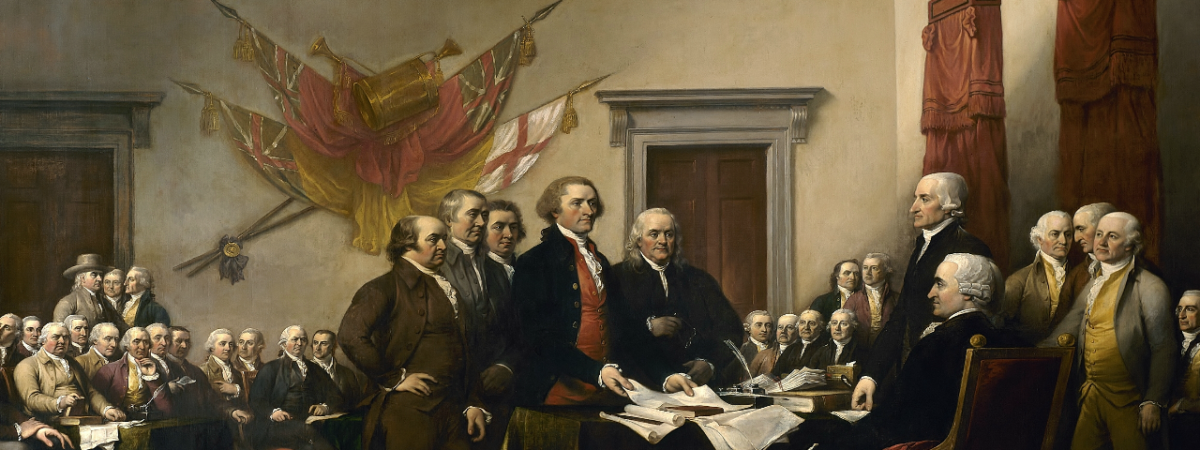‘The Value of Everything’ adds up to nothing
SUGGESTED



Now she has published another book, The Value of Everything: Making and Taking in the Global Economy. Her central thesis is that many people have become rich over recent decades not by creating value but by extracting it – financiers and internet entrepreneurs, among others. We have failed to see this because we are wedded to the false idea that “price determines value”.
More specifically, we are fixated on the “marginalist” theory developed in the late 19th century by economists such as Stanley Jevons and Alfred Marshall (to name just the main English contributors).
Marginalism is the idea that the price of a good is determined by its “marginal utility” – that is, by the subjective value placed on consuming the next or marginal unit of the good (which declines as the quantity increases) and by its value to the marginal supplier. The market price is found when the most the marginal buyer is willing to pay is equal to the least the marginal supplier is willing to accept. (Which should make it clear that, contrary to Mazzucato’s claim, on this theory, value determines price.)
Refuting marginalism is the main task of Mazzucato’s book, not only because its falsity is central to her argument, but because of its near unquestioned status within economics. Anyone who studies Econ 101 and is taught about prices being determined by supply and demand is imbibing the theory. Yet it is difficult to even locate Mazzucato’s attempted refutation.
At the beginning of her chapter on marginalism, she suggests that Jevons and the rest were merely doing the bidding of wealthy capitalists: “Faced with these threats … [from socialist critiques of capitalism], the powers that be needed a new theory of value that cast them in a more favourable light.” Mazzucato provides no evidence that this was the marginalists’ motivation. Yet, even if it were, it is irrelevant. You cannot refute a theory by pointing to the motives of those who developed it.
Later in the chapter, there is a paragraph that seems to be some kind of critique of marginalism. Marginalism, she alleges, cannot “measure what Smith called ‘the wealth of nations’, the total production of an economy in terms of value. As value is now a merely relative concept… we can no longer measure the labour that produced the goods in the economy and by this means assess how much wealth was created.”
This is impossible to follow. How does marginalism prevent anyone from measuring the amount of work done in the economy? And how would measuring this work allow us to assess how much wealth was created? Mazzucato seems to be merely asserting the long-refuted labour theory of value advanced by Adam Smith and Karl Marx. If she gave some new defence of that theory, it might be a decent argument against marginalism. But she doesn’t.
The closest Mazzucato gets to providing a positive account of value occurs in a subsection of the introduction entitled, “What is value?”: “I want to be clear about how these two words are used. I use ‘value’ in terms of the process by which value is created – it is a flow. This flow of course results in actual things, whether tangible (a loaf of bread) or intangible (new knowledge). ‘Wealth’ instead is regarded as a cumulative stock of the value already created.”
What does it mean to say that value is a process by which value is created? How can anything be the process by which it is, itself, created? What does it mean to say that value is a flow? Or that wealth is the stock of this flow? It’s gobbledygook.
Mazzucato’s failure to refute marginalism, or to offer any coherent theory of value of her own, undermines her subsequent claims about who is making and who is taking, who is a producer and who a mere rentier. These assertions are entailed by no theory of value; they are the personal judgements of Mazzucato about who is deserving and who not.
It is ironic, because Mazzucato complains about the subjectivism of marginalism thus: “If the assumption that value is in the eye of the beholder is not questioned, activities will be deemed to be value creating and others will not, simply because someone – usually someone with a vested interest – says so, perhaps more eloquently than others.”
This gets marginalism hopelessly wrong. Value is not determined by “beholders”; it is determined by transactors bearing their own costs. If you pay £6 for a Big Mac meal, that is because it is worth at least that much to you. No beholder with a vested interest deemed it to be worth that much.
It is, of course, Mazzucato who is the beholder deeming what things are really worth. Despite lacking any plausible theory of value, she is so confident in her judgements that she wants the state to force people to allocate resources to her preferred uses.
Some commentators have remarked that Jeremy Corbyn’s political movement still lacks its own think tank or a foundational text. Well, perhaps The Value of Everything could serve as the latter. Like the Corbynistas, it is incoherent and authoritarian.
This article was originally published by CapX.
5 thoughts on “‘The Value of Everything’ adds up to nothing”
Comments are closed.





A brilliant take-down and timely, for even a supposedly free-market friendly organ, The Spectator, was foolish enough to publish an admiring profile of this mediocre Marxist. I will only add that attacking the motives of an economist is a typical red dodge.
This made me giggle, good article.
Thank you. I am a Marxist (though not about value theory) and I agree that there is no illumination to be found in this book. Hard to understand the apparent hype around it.
this refutation seems just playing with words
para 13 is the nub of your refutation: it says a person who buys something is not the beholder because they are buying it. Well you might able to buy something you don’t behold but but the rest of us ….